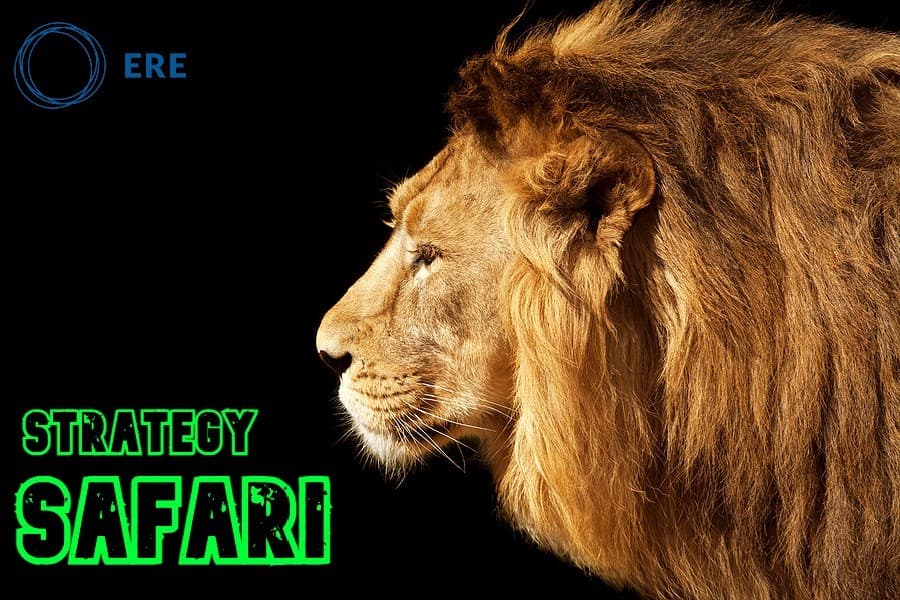Whenever organizations look to improve the candidate experience, they tend to focus on process. After all, inefficiencies in the recruiting process can lead to frustrations for everyone — recruiters, hiring managers, and applicants alike. I’ve even written about ways to improve the process at the functional level.
Focusing on the steps in the process is all well and good, but if you fail to consider the people shepherding this process, you’re missing out on some serious improvement potential. The people I’m referring to are, of course, the recruiters.
Not in Kansas Anymore
Recruiters are one of the most important elements of a successful talent acquisition strategy. No matter how much foundational work you do — good job descriptions, solid process flow, attractive employment branding — everything can fall apart with the wrong person in the recruiting role. Recruiters are the focal point of the whole process. They interact with hiring managers, compensation, HRBPs, applicants, candidates, IT, reception, vendors. You name it, they most likely work with that group.
And yet, this is seldom highlighted as an area for improvement. Like the Wizard in that magical Land of Oz, recruiters are often the figure behind the curtain; manipulating the machinery that drives the entire talent acquisition process.
I’m not here to denigrate recruiters. It’s a tough job. No one loves you. Everyone blames you. I get it. I’ve been there. I’ve also led a recruiting function, so I also know that not every recruiter should be one, and that bad recruiters can undermine your recruiting strategy just as quickly as the Wicked Witch of the East ruined Dorothy’s day.
Meanwhile, candidates are frustrated by the overall experience they’re having with recruiting, whether it’s the lack of responsiveness or that recruiters are rejecting them via email or text when they came in for a face-to-face interview (or virtual interview, given the state of things).
Recruiters are on the front-line of these frustrations. They are typically the first live interaction that candidates have with the organization and are the point of contact throughout. A recruiter who doesn’t handle this role well can poison the talent pool for future applicants — and anyone who recruits for a specialized skill set knows how difficult this can make it to find top talent.
Taking Direction From Dorothy
So what do you do? Take a cue from Dorothy and her friends and build your recruiting team around a few basic characteristics:
Courage. Recruiters are in a role that receives pressure from all sorts of people, many of whom will push to prioritize speed over everything else. I value recruiters who can push back when they see something inappropriate. I also value recruiters who will be straight with their hiring managers about what the market shows, and what they know about the hiring managers’ needs. Recruiters need to be honest with their candidates, too — and that always requires courage.
A Heart. I’ve written at length about empathy before. It still bears repeating: Recruiters have got to be able to remember what it’s like to be in candidates’ shoes. They need to remember that every application process is slightly different and candidates deserve support to navigate theirs appropriately. And recruiters absolutely have to keep in mind that most of the candidates they talk to will not get the job — and rejection is really hard. The other side of having a heart is the ability to build relationships. Recruiters need their hiring managers to trust them, and they need to gain that same trust from candidates. None of that is possible without a heart.
A Brain. Your recruiters need to know the rules of engagement for the industry in which they recruit. That means understanding the difference between civil-service recruitment and family-business recruitment. That means knowing OFCCP requirements. That means understanding what the EEOC allows in interviews. It also means knowing the market: What does the potential candidate pool look like? What are others doing and offering in the industry? Finally, recruiters need to know recruiting — how to source, how to sell, how to write a job posting, how to screen, how to interview, how to talk a hiring manager off the ledge. This is a big skill set.
(Oh, one additional note about brains: Recruiters need to remember that what they post on LinkedIn and Twitter is seen by potential clients and potential candidates. The number of racist, sexist, ageist, and other -ist posts I see from the recruiting community is pretty awful. Remind your recruiters that this is not OK.)
A Home. Last but not least is what Dorothy was looking for — her home. Recruiters may be in-house or agency, but regardless of where they hang their hat, they need to be able to speak to the company for which they are recruiting. They need to be good brand ambassadors, displaying the values and culture of the organization.
If you look at your recruiting team and fail to see the Lion, Tin Man, Scarecrow, or Dorothy, do something about it. Do your people need training and development? Provide it. After all, our friends from Oz had these abilities inside them all along; they just needed to discover them.
But if you find your recruiters lack the desire or will to embrace these characteristics, it’s time to move on from them. Your process and your candidates deserve better.
